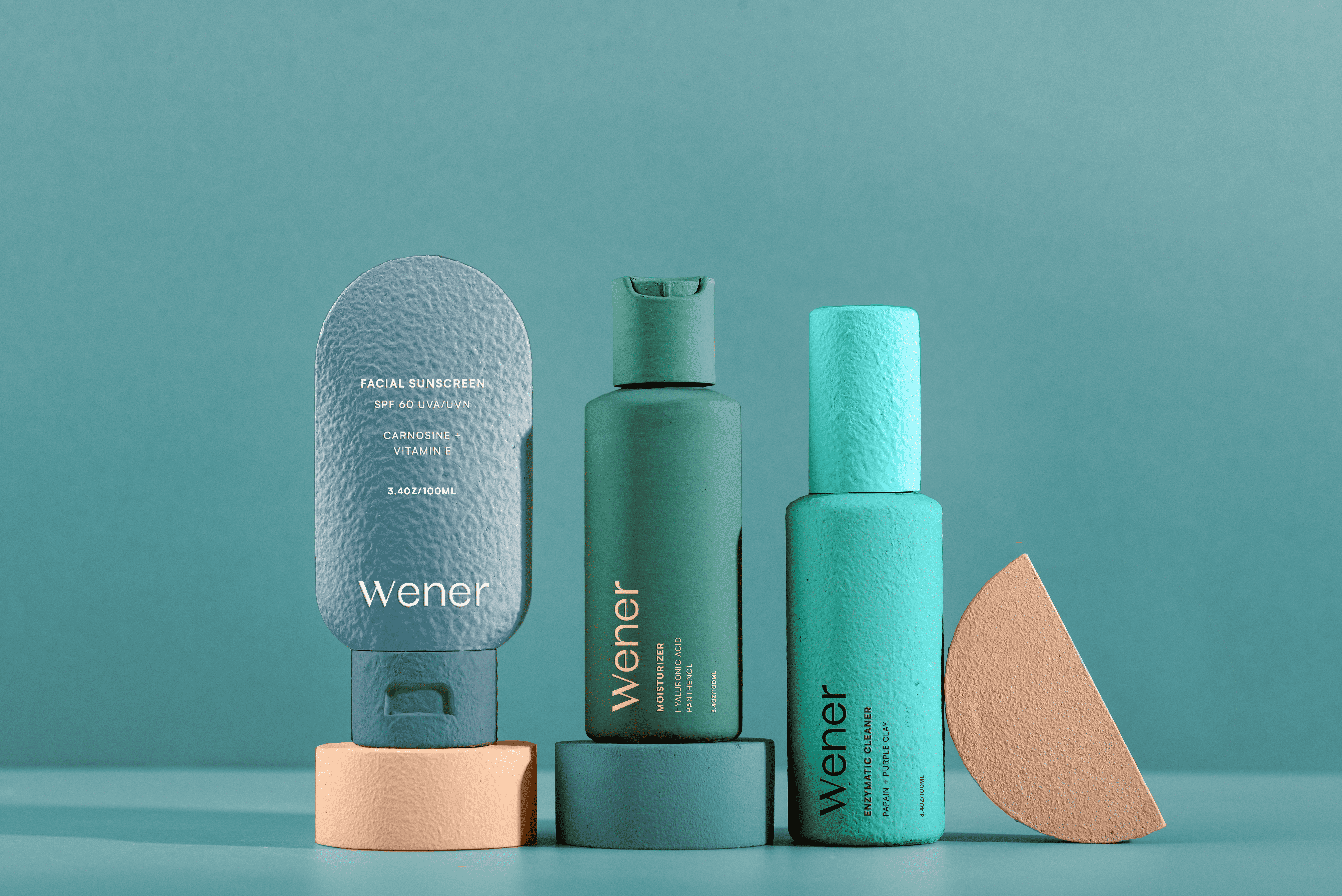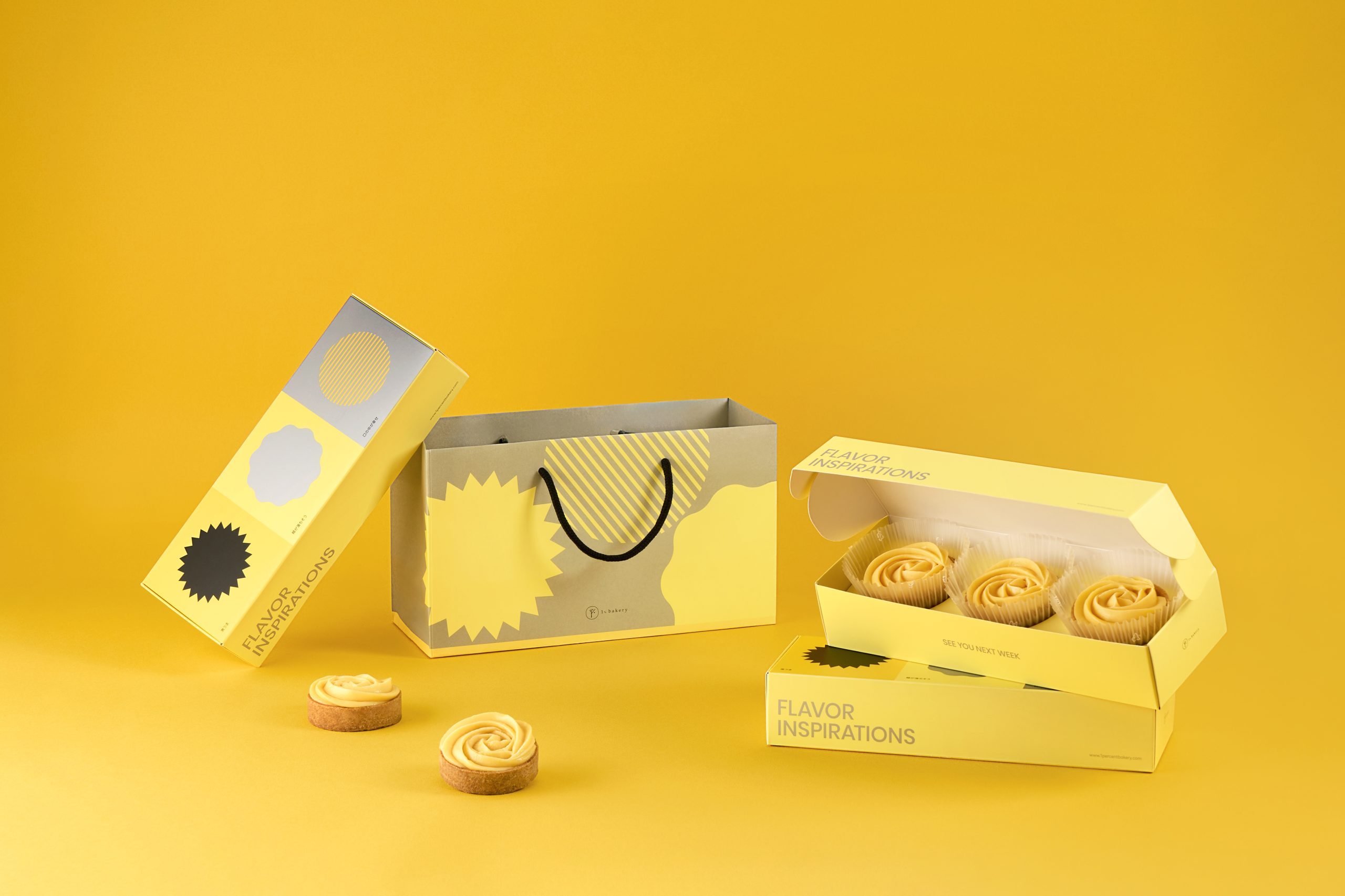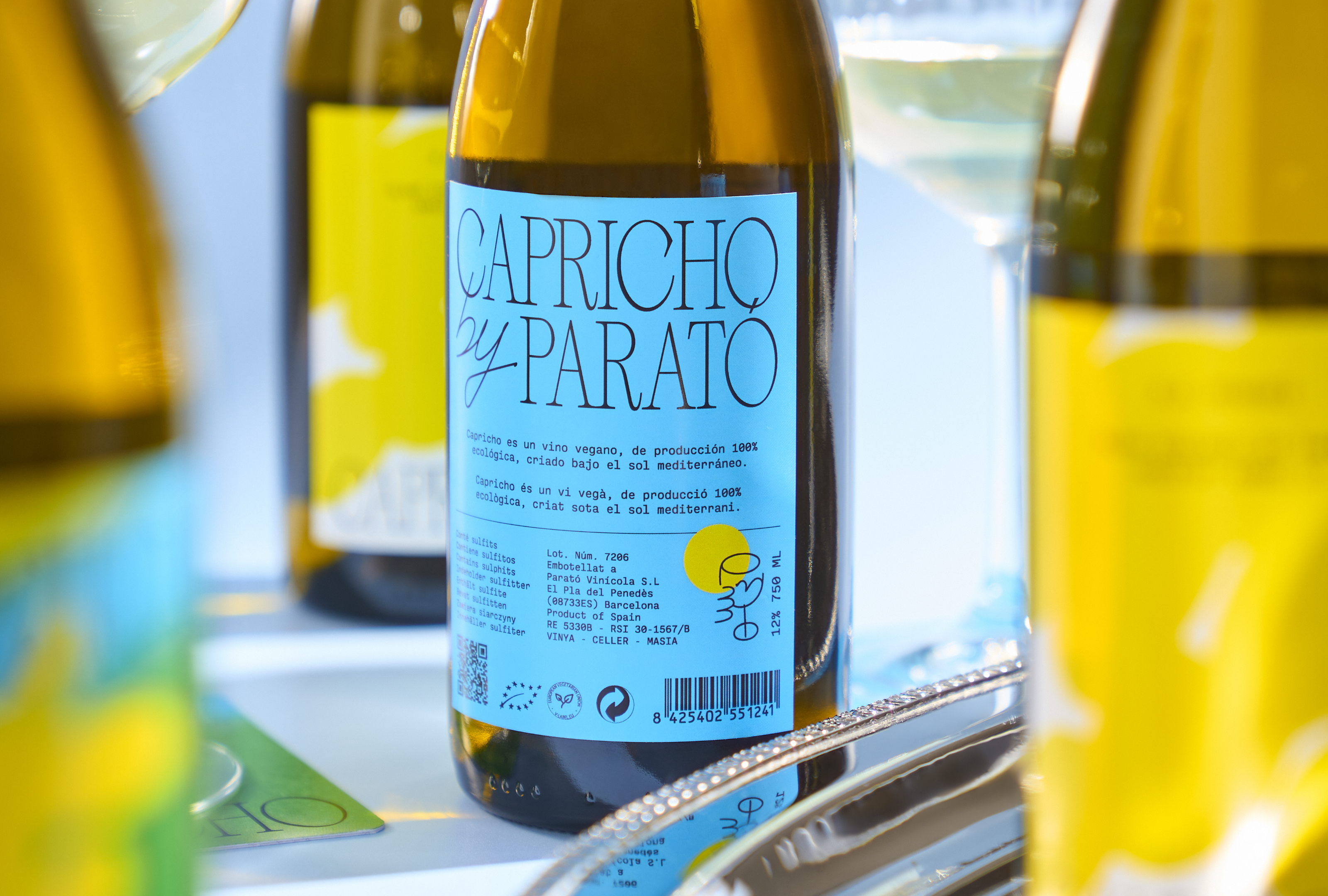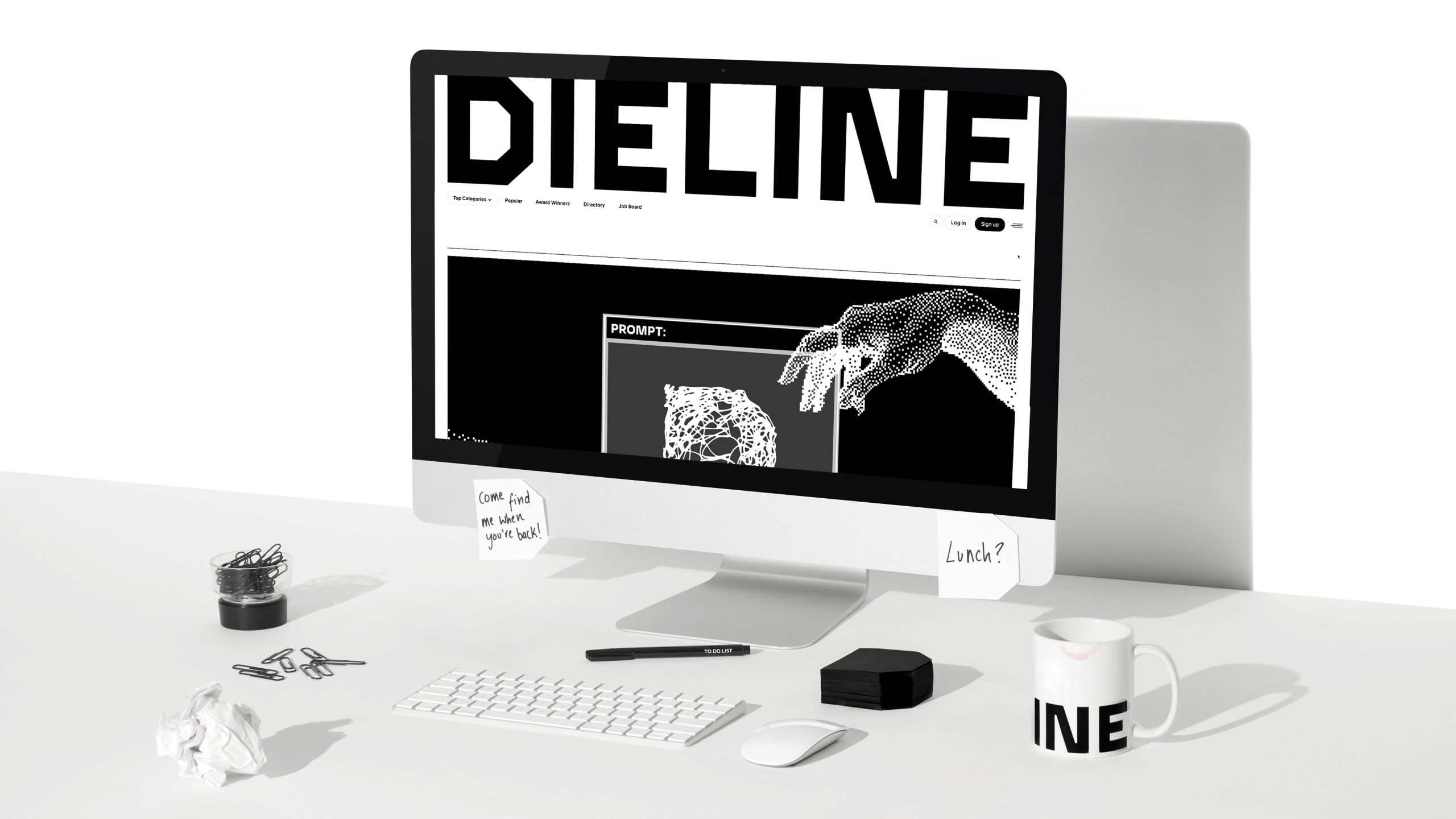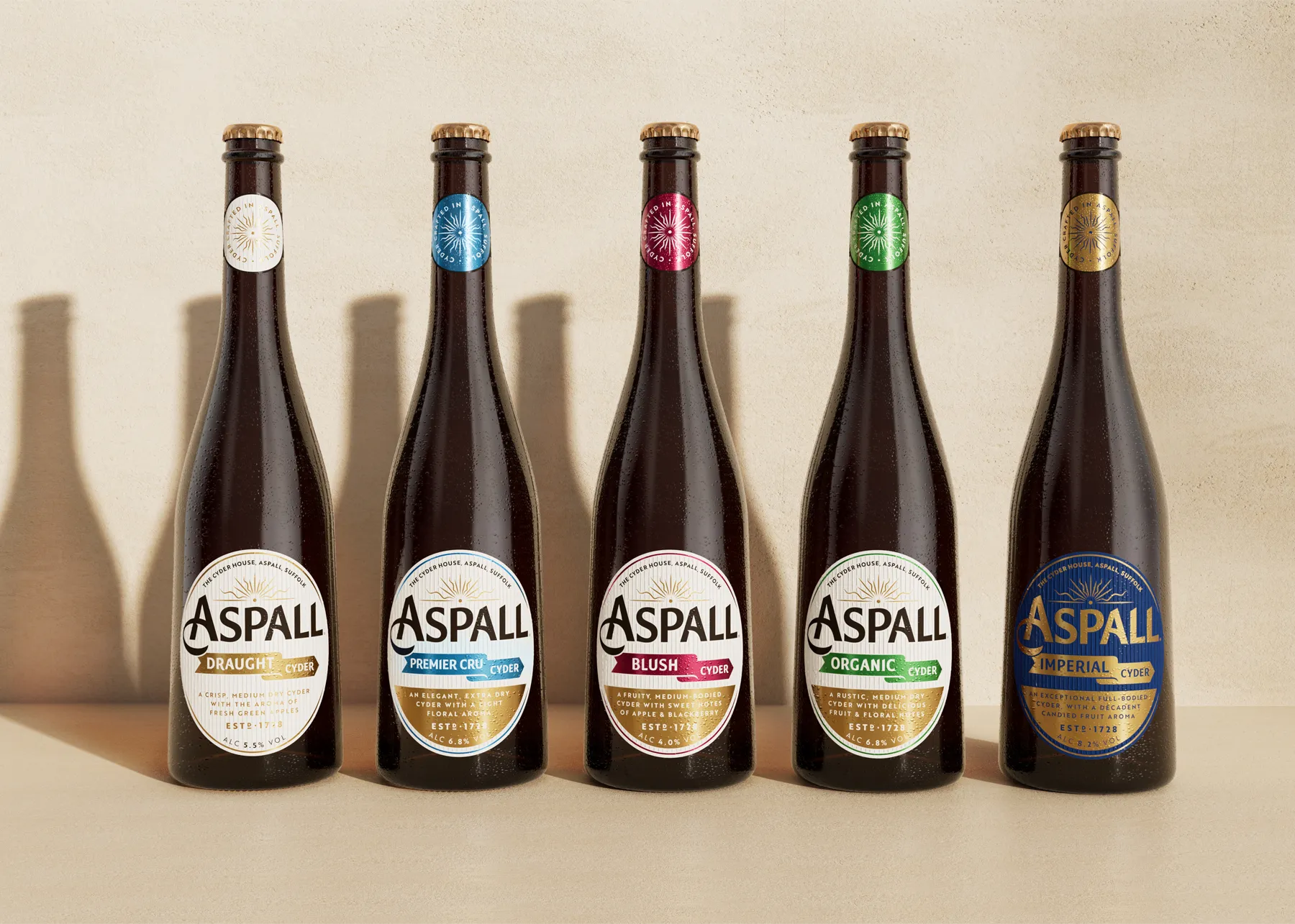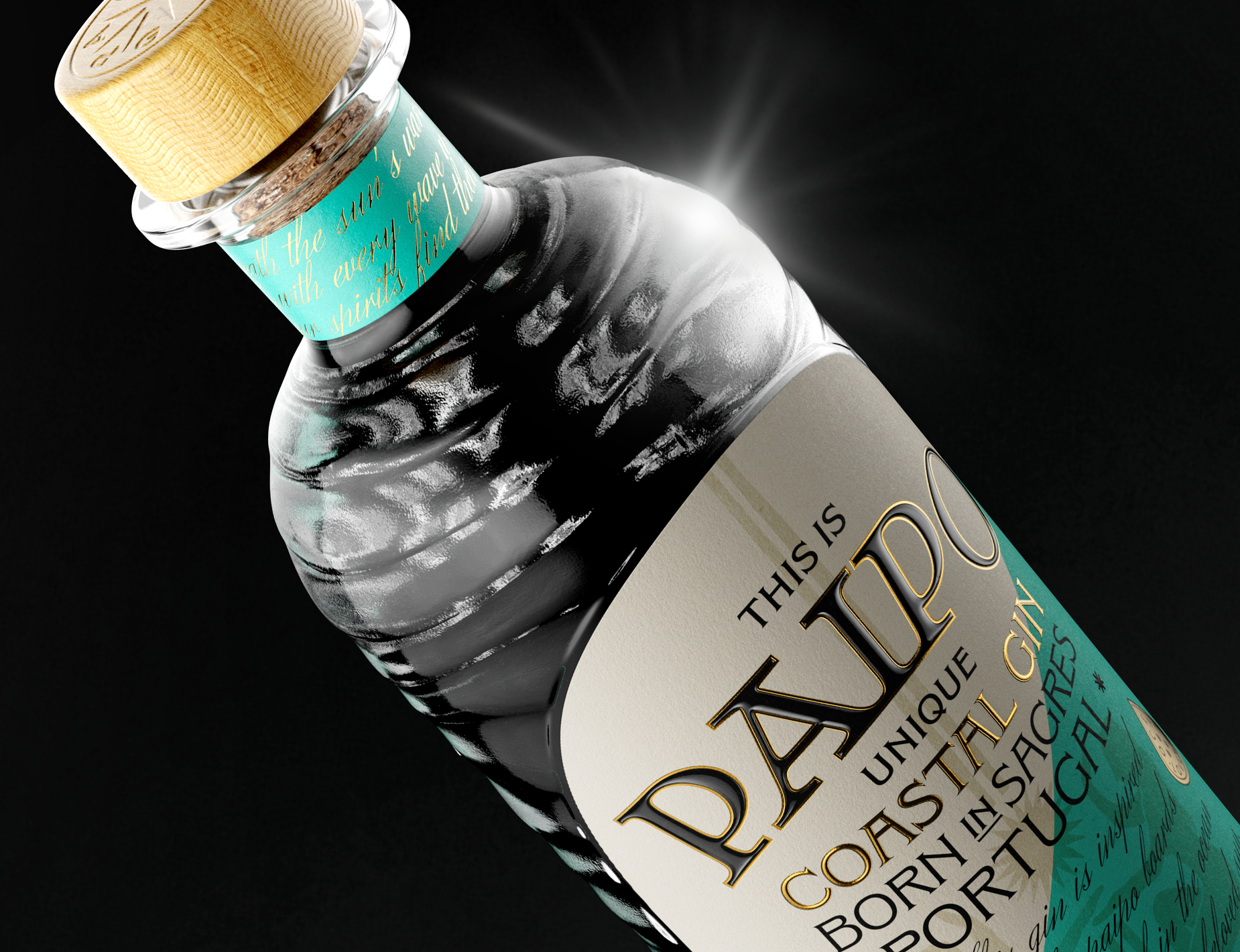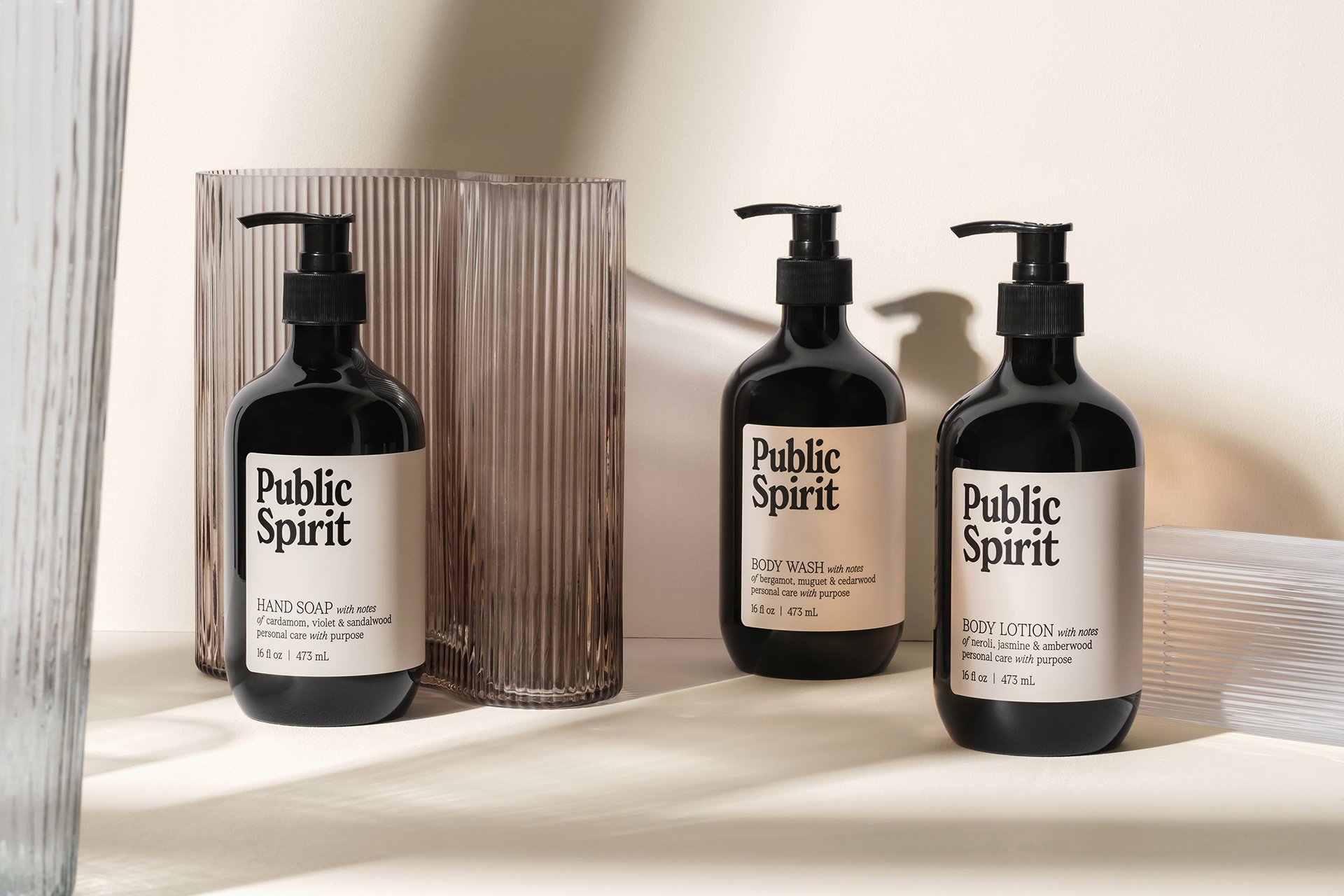Single-use packaging has become a part of the fast food dining experience, even when dining in. Everything from burgers, fries, soda, and other items comes wrapped or packaged in materials that spend only a few minutes protecting or keeping food fresh. They’re designed primarily for takeout, but they also get utilized when serving food in-house.
And there’s plenty of good reason for that. After all, we’re talking about fast food.
Quick-service restaurant (QSR) chains have developed their operations for rapid turnover. By packaging all meals the same way, regardless of where customers are enjoying their meals, staff can push out orders efficiently and rapidly in a streamlined manner. The trade-off is using unnecessary packaging when guests dine in, some of which use plastic.
France is looking to change that, and a new law, passed in 2020, has taken effect at the start of this year that requires outlets with twenty or more seats to use durable, washable plates, cups, and cutlery for orders served “for here.” It is part of sweeping reforms that also include packaging changes for groceries and produce. The change affects approximately 30,000 locations, generating roughly 180,000 tons of waste annually.
The new law in the European country will put brands to the test, having to adapt and change decades of how QSRs serve customers (and why they had three years to prepare for the rollout). The fast-food-eating public in France will also have to adjust to how some of their favorites will get served.
From all appearances, your Big Mac (or Le Big Mac) still comes in a paper wrapper, but your fries will now get dumped into a little red bucket that looks much like the original fry container. Happy Meals, meanwhile, gets a pretty adorable red box with the ol’ golden arches and McNuggets get a white bowl. Drinks will be served in reusable plastic cups.
These new regulations will serve as a significant case study for QSRs operating in a large market with millions of consumers. But can the changes in France inspire reform and waste reduction in other countries like the US?
Chains like McDonald’s had already trialed new, durable, and reusable packaging in France in anticipation of the new rules, as much of the world discovered recently when the burger chain’s unique tableware went viral online.
The new tableware requires additional equipment, such as dishwashers and sanitizers, and likely new staff to not only wash those new reusables but educate guests that the utensils no longer go straight into the waste bin. Of course, there’s also the cost of purchasing new cups, containers, and cutlery. Plus, having two sets of packaging adds additional steps in service to QSR operations optimized for speed and efficiency.
Solutions to big problems often require significant changes. While we’ve seen QSR chains like Starbucks, McDonald’s, and Burger King experiment with reusable packaging in the United States, we’ve yet to see permanent rollouts. These pilots generate goodwill and positive press, but so far, that’s about all these tests have amounted to. As with other environmental reforms, the big players in the fast-food space will likely need to be dragged toward sustainability via fiat.
We are seeing progress in the US thanks to EPR (Extended Producer Responsibility) laws passed in large states like California. These laws push the reduction in the use of single-use plastic, such as fast-food packaging, by establishing targets to decrease certain environmentally harmful materials, placing more responsibility for collecting and recycling on producers, and fines for non-compliance. So far, four states have passed EPR laws, with Maine, Colorado, and Oregon joining California.
While COVID impacted consumer habits and the expansion of drive-thru sales and new restaurant configurations, McDonald’s still estimates that 70% of its sales come solely from folks in their cars. Still, that kind of waste reduction is nothing to scoff at, and fast food brands looking to make sizeable gains on their sustainability goals would be wise to try and implement some of these changes.
Ultimately, new regulations, like France’s fast-food packaging reform, may push companies to make sustainability changes. But small experiments and reusable cup pilots clearly haven’t been enough.
Hero image from Juan Buis.
